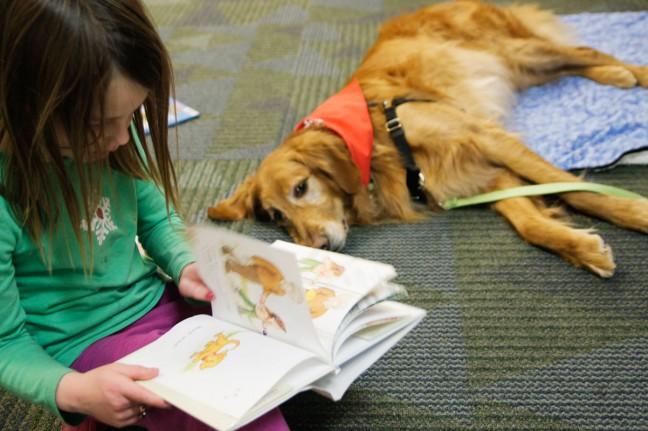Madison’s first confirmed case of Canine Influenza Virus, or “dog flu,” has area veterinarians cautioning pet owners to take preventative measures to keep their dogs healthy.
Dog owners who visit one of the city’s designated dog-parks may see signs warning of the outbreak, Ann Shea, Madison parks division information officer, said.
“If you have a dog, and your dog is a puppy or is elderly, I wouldn’t bring it to the dog park right now,” Shea said. “If you’re in that vulnerable population, you might want to think about leaving your dog at home.”
While the case is the first in the area, veterinarians believe it is a product of a current outbreak occurring across northern Illinois.
Preliminary screening of the affected dog done at University of Wisconsin Veterinary Care revealed that the case may be indicative of a more unusual, less-studied strain of the infection, Sandra Sawchuk, UWVC primary care veterinarian, said.
“Our lab here ended up finding that even though we thought it was the standard strain of dog influenza, H3N8, it was actually a different one, H3N2,” Sawchuk said.
While the pathogen sample has been sent for further sequencing, the lab’s findings have changed the situation, as current vaccinations are targeted at the more common H3N8 strain, Sawchuk said.
More tests and case samples are needed before making definitive statements about the H3N8 variant, but the possibility exists that it may be more severe than H3N2, Sawchuk said.
The most common symptoms of H3N8 are a runny nose, persistent cough and fever symptoms, which may include prolonged elevated body temperatures, loss of appetite and lethargy, she said.
Symptoms persist for about a week on average, but dogs may remain infectious for two weeks after they stop showing any sign of the illness, she said.
“About 20 percent of dogs with H3N8 don’t get sick from it,” Sawchuk said. “But a small percentage, five percent or less of those who do get sick, may succumb to secondary infection.”
Dogs with the highest risk of infection and possible death include the very young, the elderly and those with cancers and heart or lung disease, Sawchuk said.
Dog owners looking to vaccinate their pets can schedule a primary care appointment with UW Veterinary Care, Sawchuk said. The vaccination process involves two immunizations given two weeks apart, so it is important to plan ahead, she said.
Sawchuk urges dog owners to be aware of the risks, and said prevention is the best strategy in keeping animals healthy.
Despite the continuing possibility of catching “dog flu,” keeping pets in total isolation might not be the best idea either, Sawchuk said.
“If you’ve got a young healthy dog, and you know dogs who haven’t left the area that are also healthy, let them have a play date if they want to do that,” Sawchuk said. “You don’t want to have your dog living in a bubble.”
Michael Braun, a University of Wisconsin sophomore and dog-owner, heard about the Illinois outbreak from a news report.
Braun will be vaccinating his 9-month-old husky, Zuma, in the next week, he said.
“The downsides of vaccinating her are way less than the risk of her getting the flu,” Braun said. “I think we’d rather be safe than sorry.”













